TTC Video From Plato to Post-modernism: Understanding the Essence of Literature and the Role of the Author – Course No. 295
English | AVI + AUDIOBOOK + PDF GUIDEBOOK | 640X480 | 29.97 fps | AAC 128 kb/s | ~24×30 min | 4.46 GB
Genre:elearning
Course No. 295
24 Lectures 30 minutes / lectures.
Taught By Professor Louis Markos, Ph.D., University of Michigan,
Houston Baptist University
Any lover of Shakespeare, or of the Romantic poets, can concede that poetry is pleasurable. But is it good for us, and can it teach us anything?
These questions may seem odd, but they have beguiled and engaged eminent critics for millennia. What we call literary criticism is really a debate over a few key questions:
What is poetry’s wellspring? God? Nature? The human self?
Is poetry superfluous to human progress?
Are the literary arts a vehicle to higher truths or a pack of lies?
Is the author a divinely inspired rhapsode or a mere artisan, “manufacturing” meaning?
To answer these questions, this course engages an enormous range of material. You’ll follow the strands of this “conversation” between philosophy and the literary arts down the millennia, profiting from in-depth analyses of works by Plato, Aristotle, Horace, Sir Philip Sidney, Dryden, Pope, Wordsworth, Shelley, Coleridge, Matthew Arnold, T. S. Eliot, Northrop Frye, Foucault, Derrida, and more.
You’ll concentrate on critical reflections about poetry—the oldest of the literary arts, and also come away with lessons on how to understand literature, and all of the arts, more generally. More importantly, you’ll be prepared to join in these critical conversations yourself.
What and Wherefore Is Poetry?
Plato believed that poems were lies, and there was no place for poets in Plato’s Republic. To him, poets were unreliable, substituting dreamlike visions for the true essences of the world that a responsible philosopher should seek. If the only authentic beauty is the truth found in nature, he asked, then what use is man-made beauty, fabrications loaded down with fantasies and lies?
Ever since Plato laid down this challenge, the critical theorists in this course have striven to prove that poetry is more than pretty phrases, that it has the power to instruct and improve its reader:
Aristotle argued that the sufferings of the tragic hero in Greek drama arouse in us a cathartic surge of terror and pity, even as his fate teaches us moral lessons.
Longinus introduced the idea of the poetic sublime. Unlike rhetoric, which merely persuades, the sublime overwhelms its audience, literally carrying the audience away to a higher realm of experience.
What Makes a Poet?
Most of the thinkers in this course elevate the poet to a privileged place among his fellows. The poet, they argue, feels more deeply, more empathetically, and holds the verbal keys to a kingdom of higher consciousness. In these lectures, you’ll meet the poet in many guises:
The Divine Poet: In his “Defense of Poetry,” Sir Philip Sidney likens the poet to a supernatural creator. While the carpenter must fashion his works from the materials at hand, and the historian must work with mere facts, the poet has the power to transcend the laws of nature. He transforms beasts into cyclopes, men into heroes, bronze into gold.
The Poet as Alchemist: The German Friedrich Von Schiller described the poet as the inspired individual who could fuse humanity’s divided nature into one, an alchemist who could combine our wild, lustful, Dionysiac drives and harmonize them with our Apollonian urge towards order.
The Voice of the Common Man: William Wordsworth carved for the poet a more modest role, rooted in the world. Rather than handing out wisdom from on high, his poet was “a man speaking to men,” rejoicing in life, in touch with elementary feelings and durable truths.
The Poet at Play: John Keats also championed the poet as a unique being, not for possessing truth, but for his ability to “play” with it. Keats praised the poet’s sensitivity of feeling, his capacity to empathize with multiple, contradictory “truths” simultaneously, to “be content with half-knowledge… capable of being in uncertainties, mysteries, doubts, without any irritable reaching after fact and reason.”
The Poet as Product: Beginning with Freud and Marx, a less flattering view of the poet emerged—the view of the poet as a product of, and a prisoner to, his own subconscious suppositions. The poet’s “truths” in this view are bound up with an ideological substructure, or a polarizing male-centered worldview, or indeed any outlook built upon a particular, personal, and biased understanding of history and society. This condition of radical subjectivity is the foundation upon which the postmodern platform will later be built.
The Role of the Critics
We have a distorted view of critics today, and often see them as antagonists to artists, or even as frustrated artists themselves. Classically, however, critics were allies of the arts, and served as a liaison between the poet and the audience, pushing art forward and aiding its development. This course will introduce you to the great critics of the Western tradition—those who have aided poets in their efforts to create and audiences in their quest to understand. For example:
Matthew Arnold: This Victorian sage believed that great literature is the product of a creative fusion between a great poet (“the man”) and what he called an epoch of expansion (“the moment”). It was the role of the critic to define the zeitgeist for the wider artistic community, to prod them past the shackles of fashion and convention that render a period stale and inactive.
W. K. Wimsatt and Cleanth Brooks: These two critics were pioneers, yet seen as doctrinaire and elitist for dictating how we should understand poetry. The poem must not be understood, they argued, through the author’s motivations (“the intentional fallacy”), nor through its effect on the reader (“the affective fallacy”). Moreover, a poem must never be understood as having a simple paraphrasable meaning, or “plot summary.” Rather, every word in a poem is a vital ingredient with a meaning all its own to be uncovered through close individual study.
Out of the Ivory Tower
If these critics’ theories about poetry seem somewhat convoluted and dense with jargon, this trend has only accelerated with the rise of Postmodernism. Can Structuralism, Poststructuralism, Historicism, and Deconstructionism really offer us a satisfying account of poetry’s importance?
Actually, these ideas are exciting, challenging, and very much part of the conversation that began in ancient Greece so long ago. But for most readers, their fruits remain out of reach behind a wall of proprietary language, leaving the layman locked out.
This is why Dr. Louis Markos’s approach to these theories is so valuable. As he tackles these intricate and labyrinthine theories of language, one of his primary goals is to define and explicate the often esoteric terminology associated with modern and postmodern theory.
When the veil is lifted, you’ll find that the postmodernists are really continuing the conversation that Plato started millennia ago, and attempting to answer the same questions. If poetry, and language itself, is purposeful, then what are its ends? And if it has meaning, then by what means?
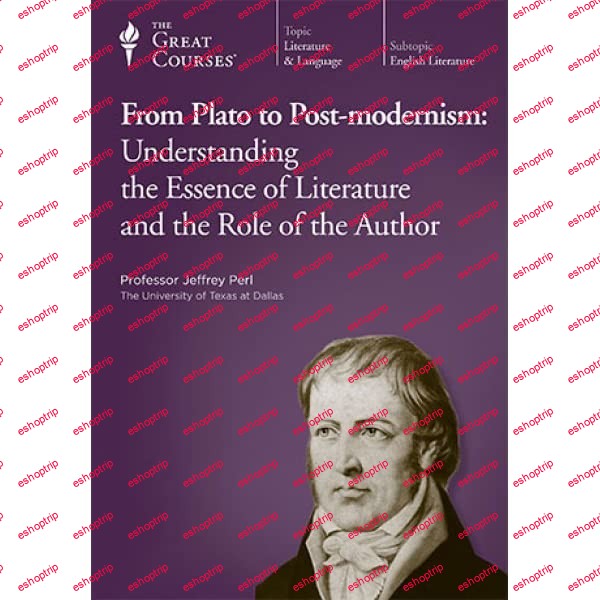

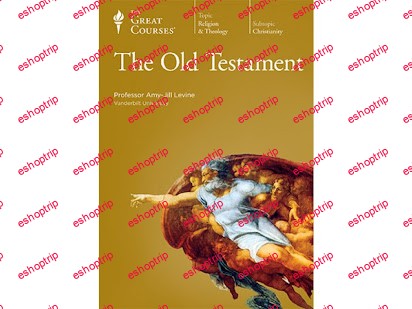
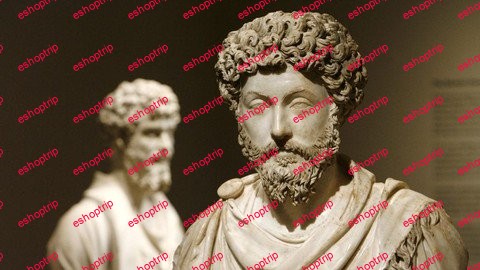
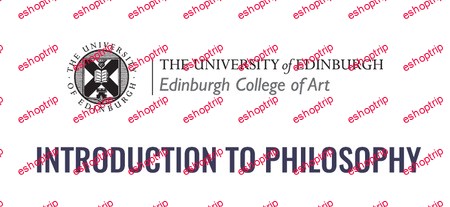
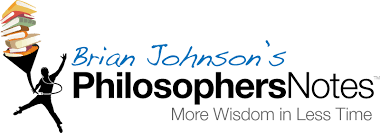
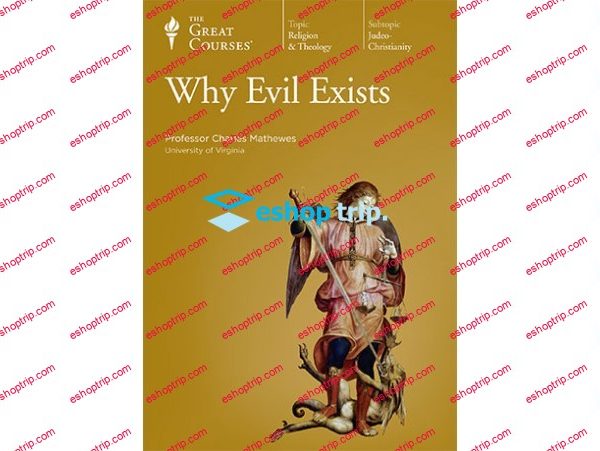
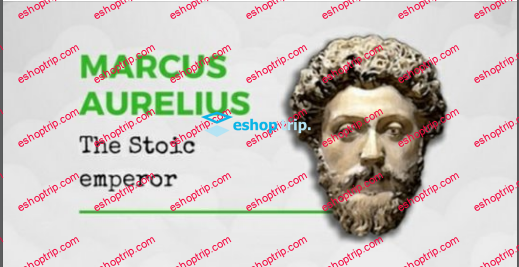
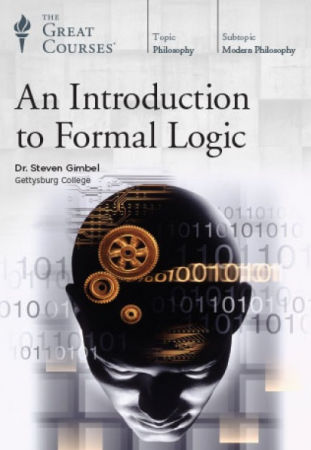
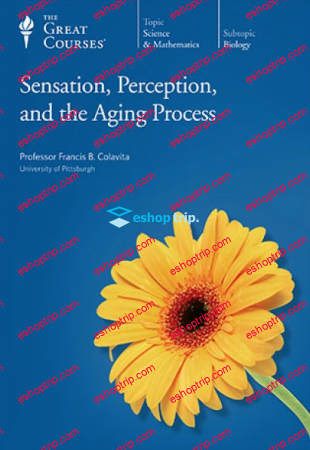
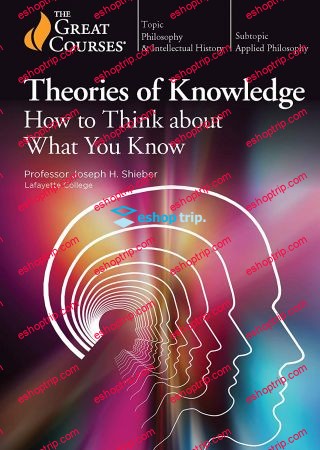
Reviews
There are no reviews yet.